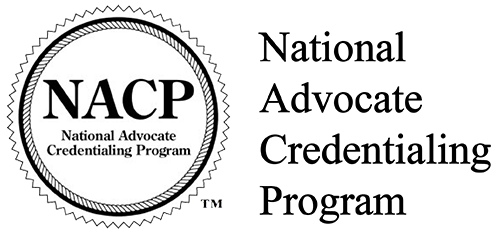Stay connected
Be the first to know about new programs, upcoming events, or other exciting opportunities happening at the University of Georgia by joining our mailing list.
About this course
What you’ll learn
In this program, you will learn how to effectively assist crime victims by understanding their rights and the legal rights involved. You will gain knowledge about criminal procedures, the impact of crime on victims, and how to support them through various stages of trauma. The course will equip you with skills to work with the victim’s family, media, and community, as well as ways to respond to hate crimes, domestic violence, and child abuse. You’ll learn to identify signs of sexual assault, rape, and other forms of abuse, and develop strategies for intervention and support. Offered in partnership with CLS by BARBRI, this program will prepare you to provide compassionate, informed advocacy to clients in need.


Learning objectives
- Examine the roles and responsibilities of victim advocates within the legal system, including how legislation and societal factors like racism, sexism, and ableism influence their work, and create strategies for effective advocacy in diverse contexts.
- Assess the psychological and emotional impacts of victimization and develop suitable intervention and support strategies for victims and their families.
- Examine various forms of victimization, including domestic violence, child abuse, sexual assault, and hate crimes, to recognize signs, debunk myths, and formulate comprehensive responses and prevention strategies.
- Synthesize knowledge of the criminal justice process, from civil and criminal litigation to death notification, to advocate effectively for victims while managing media interactions and societal biases.
- Develop counseling approaches and intervention plans aimed at crime victims, focusing on supporting surviving family members and addressing behavioral distress signals.
- Apply an integrated, culturally aware approach to help victims, considering societal biases, support methods, and ethical issues to assist them fully.
Continuing Education Information
Successful graduates of our training program will be eligible at minimum for the NACP Provisional Credential and possibly for the Basic, Intermediate or Advanced Credential based upon their experience in the field. Please refer to the NACP website (Opens in a new window).
This is an accelerated course. You will be expected to spend an average of at least 8 hours per week reading and completing writing assignments. Please note that extensions will not be granted for this online course. This course is the equivalent of at least 45 clock hours of study. 70% is the minimum passing score on all tests and assignments for this course.
Requirements & policies
Textbooks
There are no required texts for this topic.
Prices, course details, dates, and times are subject to change.
Contact us + FAQs
FAQs
View the most frequent questions asked by our learners
Financial and Military Assistance
Find out which programs are eligible for assistance
Accommodations
View our accommodation policy





